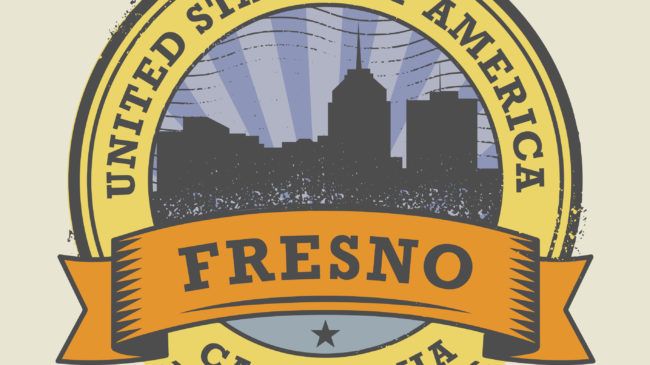No. 19-1021
In the Supreme Court of the United States
Micah Jessop; Brittan Ashjian, Petitioners,
v.
The City of Fresno, et al., Respondents.
On Petition For A Writ Of Certiorari To The United States Court Of Appeals For The Ninth Circuit
Motion For Leave To File And Brief of the DKT Liberty Project, Reason Foundation, Individual Rights Foundation, Law Enforcement Action Partnership, and Restore The Fourth, Inc. as Amici Curiae In Support Of Petitioners
Summary of Argument
Petitioners allege that city of Fresno police officers stole over $200,000 in cash and rare coins during a search of Petitioners’ property. The officers did not seize that property for law enforcement purposes. Nor did they seize it as evidence. Instead, the officers simply pocketed the property for their own pecuniary gain.
Without doubt, the conduct Petitioners allege is shocking. Yet, without deciding the underlying constitutional issue, the Ninth Circuit concluded that no clearly established law holds “that officers violate the Fourth or Fourteenth Amendment when they steal property seized pursuant to a warrant.” Pet. App. at 3a (emphasis added).
That holding was wrong, both under this Court’s precedent and as a matter of common sense. At a minimum, the constitutional violation Petitioners have alleged is so egregious as to be obvious. The Ninth Circuit’s failure to hold as much continues the widespread practice of lower courts declining to reach constitutional questions in qualified immunity cases. This practice improperly stunts the development of the law and impedes the reach of constitutional protections to those most in need. If courts continue to grant immunity even in cases of obvious constitutional violations, the ability to hold government officials accountable under Section 1983 will become a hollow promise.
By unjustifiably extending qualified immunity to cover even the base theft alleged here, the Ninth Circuit’s decision exacerbates the already significant costs that an expansive immunity doctrine imposes on litigants, the public, and law enforcement. Litigants are discouraged from bringing lawsuits in even the most appalling cases because they know immunity will make success extremely difficult.
Bad actors are not held accountable, undermining public trust in law enforcement and making policing by those officers who do act reasonably more difficult and less safe. And concerns about the abuse of civil asset forfeiture—which already allows law enforcement to seize property with little legal recourse—are heightened when law enforcement can seize property for personal gain with no legal recourse for the victims.
The decision below allows police officers to steal from suspects with impunity, and without any concern that they might be subject to civil liability. The decision is both wrong and consequential.
This Court should grant the petition for certiorari.
